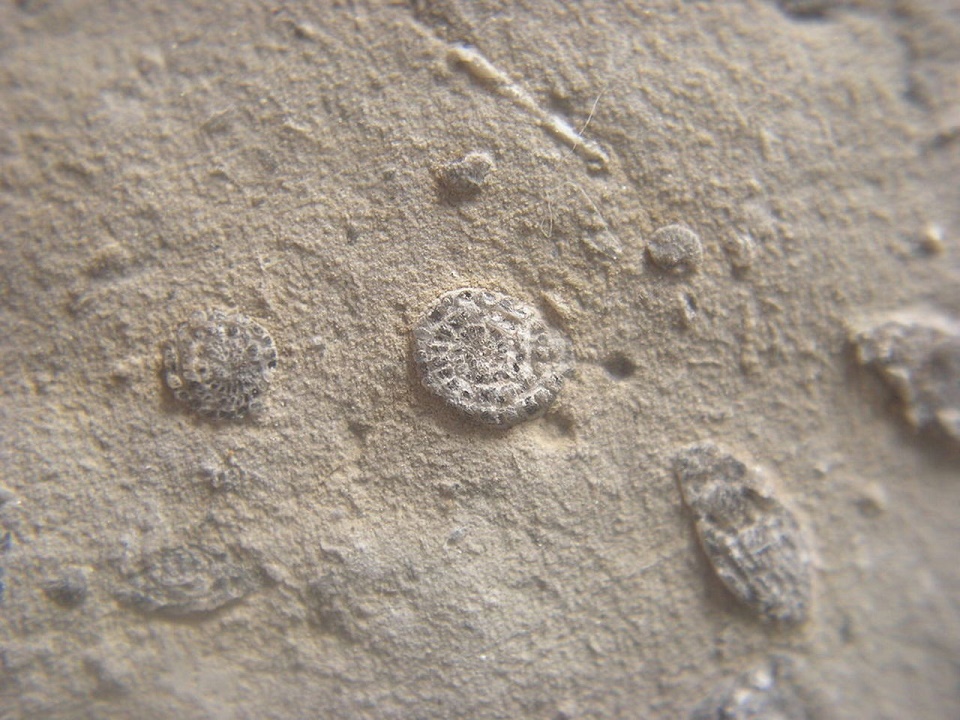
Researchers in Australia have found fossilized bacteria that appears to be 3.49 billion years old. Only about a billion years younger than the age of planet Earth.
The fossils of bacteria are the oldest yet discovered anywhere on the planet and actually predates the formation of oxygen.
According to the researchers, these bacteria may be the oldest known “relatives” to all life and now hope to get more insight into how life on Earth arose and developed.
Biogeochemist Nora Noffke at the Old Dominion University in Norfolk told Washington Post, “These traces of bacteria “are the oldest fossils ever described. Those are our oldest ancestors,”
The ancient rocks in Western Australia’s Pilbara where the fossils were discovered are some of the oldest rocks anywhere on Earth. It was once a shoreline, then sedimentary rocks in the area piled up billions of years ago and are now exposed for easier examination.
These newly identified fossils are not petrified body parts like those fossils found of dinosaur bones. These are instead textures on the surfaces of sandstone sculpted by once-living organisms.
Since life apparently arose relatively soon after the planet had been formed. These newly discovered fossils may give researchers clues about astrobiology and where signs of life could exist beyond our little blue planet.
______________
Planet’s oldest fossils found in Pilbara, experts say
____________________________

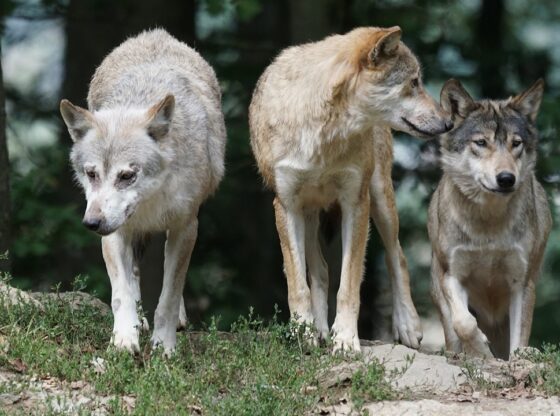
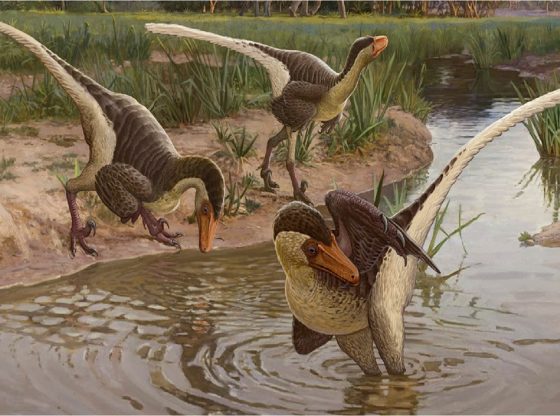
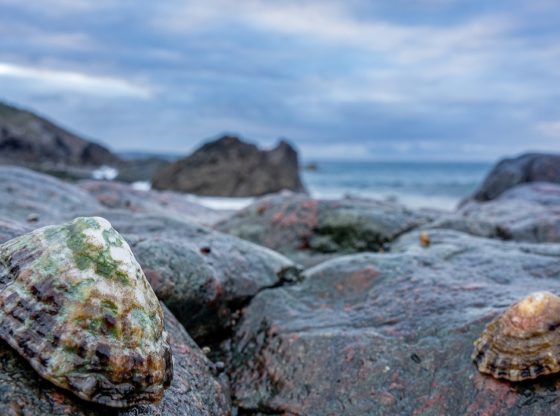

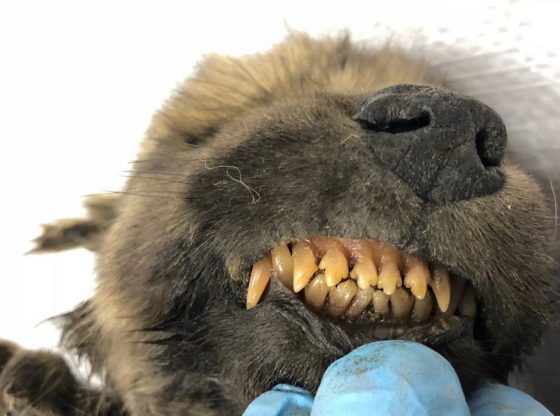
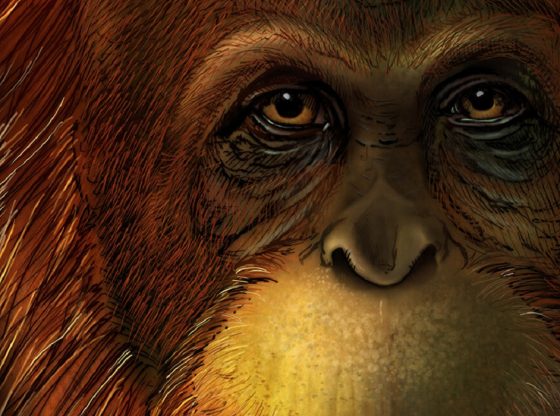
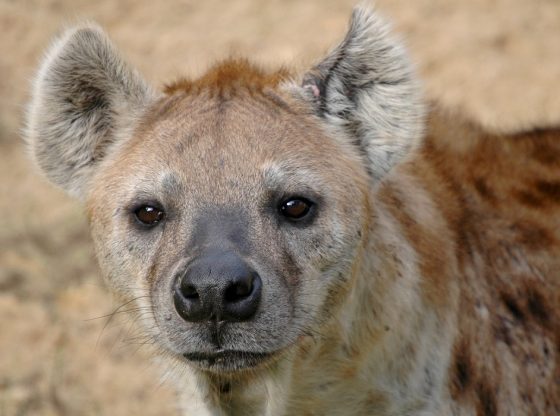
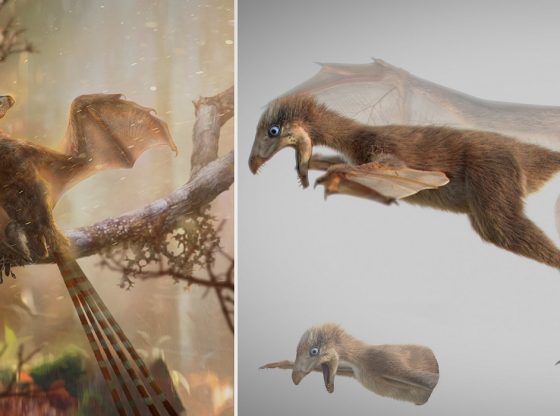
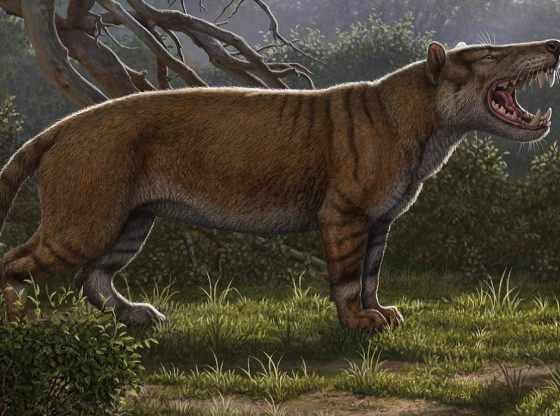
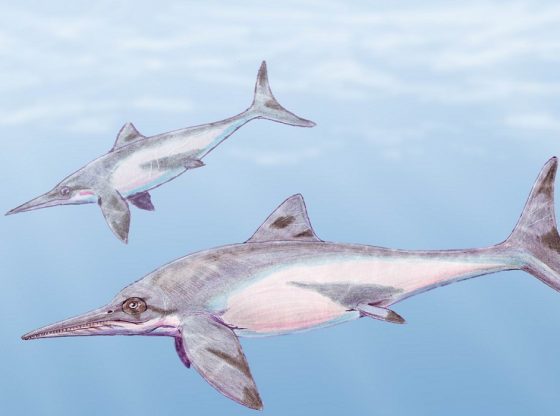
![OpenAI. (2025). ChatGPT [Large language model]. https://chatgpt.com](https://www.illustratedcuriosity.com/files/media/55136/b1b0b614-5b72-486c-901d-ff244549d67a-350x260.webp)
![OpenAI. (2025). ChatGPT [Large language model]. https://chatgpt.com](https://www.illustratedcuriosity.com/files/media/55124/79bc18fa-f616-4951-856f-cc724ad5d497-350x260.webp)
![OpenAI. (2025). ChatGPT [Large language model]. https://chatgpt.com](https://www.illustratedcuriosity.com/files/media/55099/2638a982-b4de-4913-8a1c-1479df352bf3-350x260.webp)








